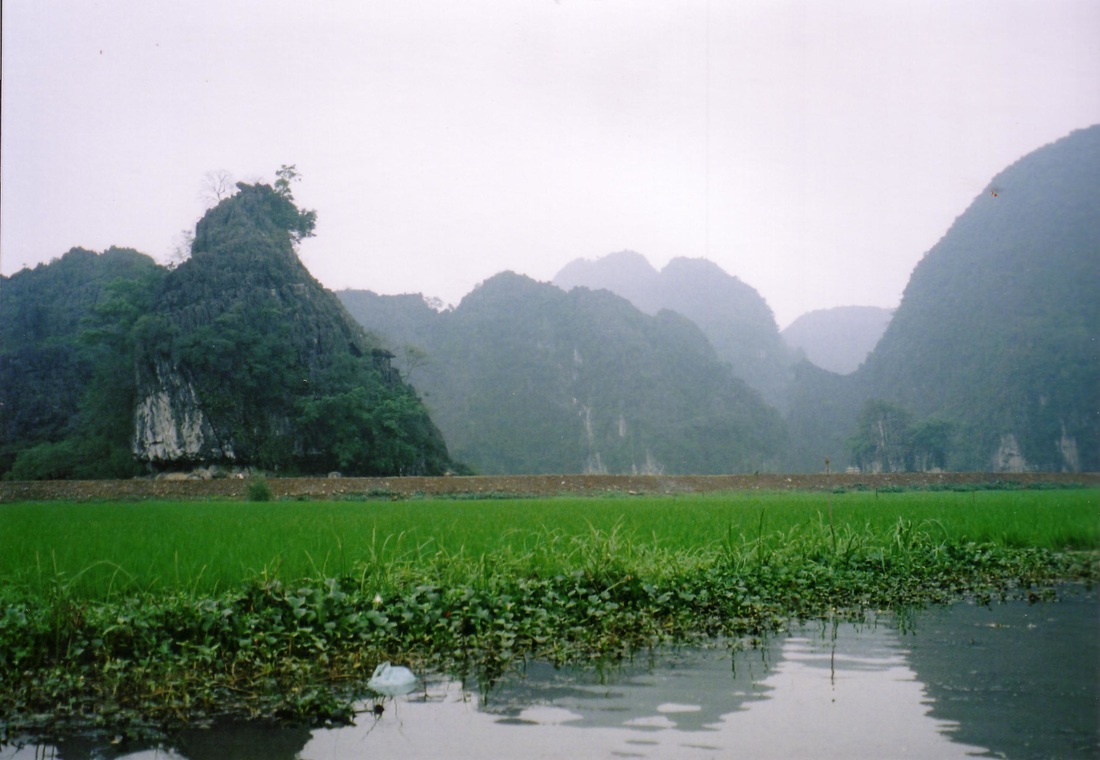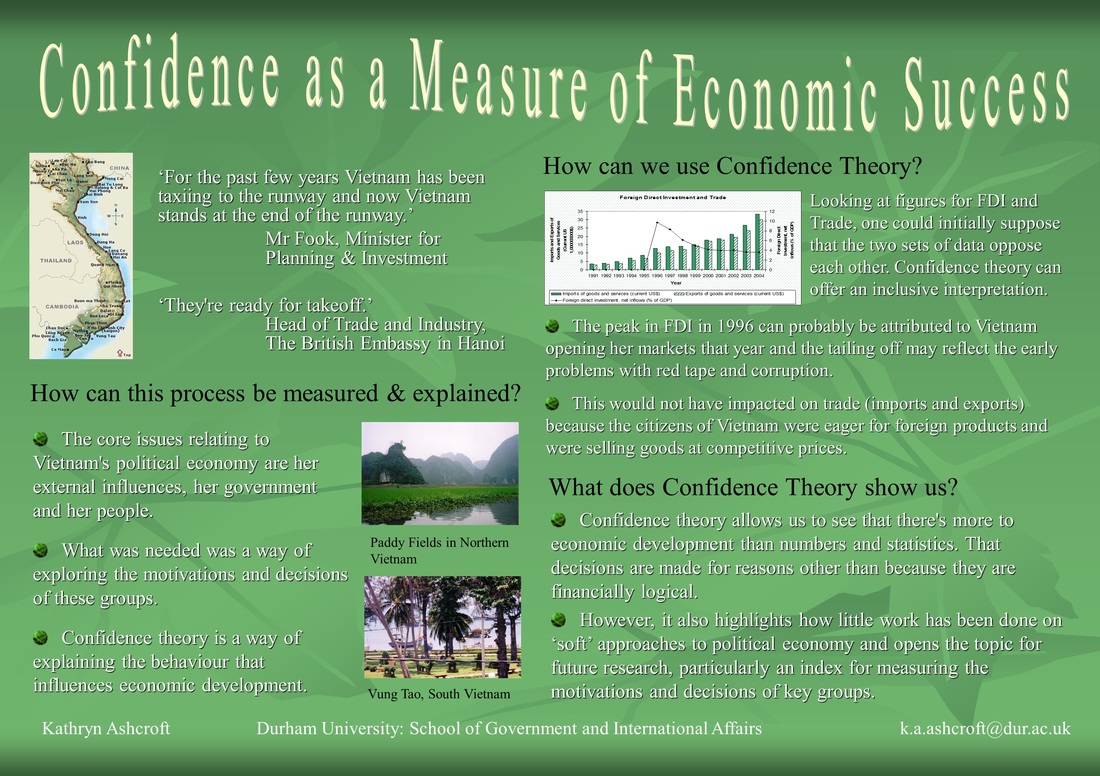Vietnam
My time in Vietnam
In April 2005 I took a trip to Saigon (Ho Chi Minh City). I had been working in sales and it seemed there might be an opportunity to work out there. I was soon struck by the vividness and speed of the city and the stories of the people I met there enthralled me. I wrote pages of notes late into the night as I looked down on the busy streets from the desk thoughtfully placed in front of a window. All thoughts of a career in sales left my mind and upon my immediate return to the UK I contacted my old head of department at Durham University and said I wanted to do an MA. I had little interest in taking further lectures or exams and submitted a proposal for an MA by Research. My topic was picked up by my former supervisor Gordon, and I returned to academia. My MA gave me the opportunity to plan a more extensive piece of research of a far more substantial nature and in March 2006 I returned to Vietnam to conduct my fieldwork.
My second trip made a more comprehensive exploration of the country and I spent time in Hanoi and Hue before returning to Saigon. The statement 'The American's thought that Vietnam was a war. We knew that Vietnam was our country' by Luu Doan Huynh in 1999 really captured me. Many of my friends had no knowledge of Vietnam beyond its portrayal as a warzone and I was interested in how such a legacy could affect economic development. After conducting my interviews and collecting my data, I returned to the UK with the realisation that a key issue for assessing Vietnam was the psychology of the players.
I called my approach 'Confidence theory' and identified three ways in which confidence could be a path to economic development. The first is External confidence and relates to the confidence in Vietnam held by other countries and organisations. It is assessed through considering trade, aid and disputes. The second is Governmental self-confidence and relates to the confidence the government has in its own abilities. It is assessed through considering power and structures with a case study of a key relationship with another nation. The third is Citizen confidence and relates to the confidence that Vietnam's citizens have in their government. It is assessed through considering leadership, standard of living and the confidence of minority groups.
The final thesis, entitled 'Confidence as a route to economic development in Post-War Vietnam' marked a real turning point for me as I realised the potential of the psychology of political economy.
My second trip made a more comprehensive exploration of the country and I spent time in Hanoi and Hue before returning to Saigon. The statement 'The American's thought that Vietnam was a war. We knew that Vietnam was our country' by Luu Doan Huynh in 1999 really captured me. Many of my friends had no knowledge of Vietnam beyond its portrayal as a warzone and I was interested in how such a legacy could affect economic development. After conducting my interviews and collecting my data, I returned to the UK with the realisation that a key issue for assessing Vietnam was the psychology of the players.
I called my approach 'Confidence theory' and identified three ways in which confidence could be a path to economic development. The first is External confidence and relates to the confidence in Vietnam held by other countries and organisations. It is assessed through considering trade, aid and disputes. The second is Governmental self-confidence and relates to the confidence the government has in its own abilities. It is assessed through considering power and structures with a case study of a key relationship with another nation. The third is Citizen confidence and relates to the confidence that Vietnam's citizens have in their government. It is assessed through considering leadership, standard of living and the confidence of minority groups.
The final thesis, entitled 'Confidence as a route to economic development in Post-War Vietnam' marked a real turning point for me as I realised the potential of the psychology of political economy.
My work on Vietnam
In addition to my thesis, I wrote a number of papers, presentations and posters. I'd be happy to share and discuss these. Please contact me if you are interested in my work on Vietnam.



